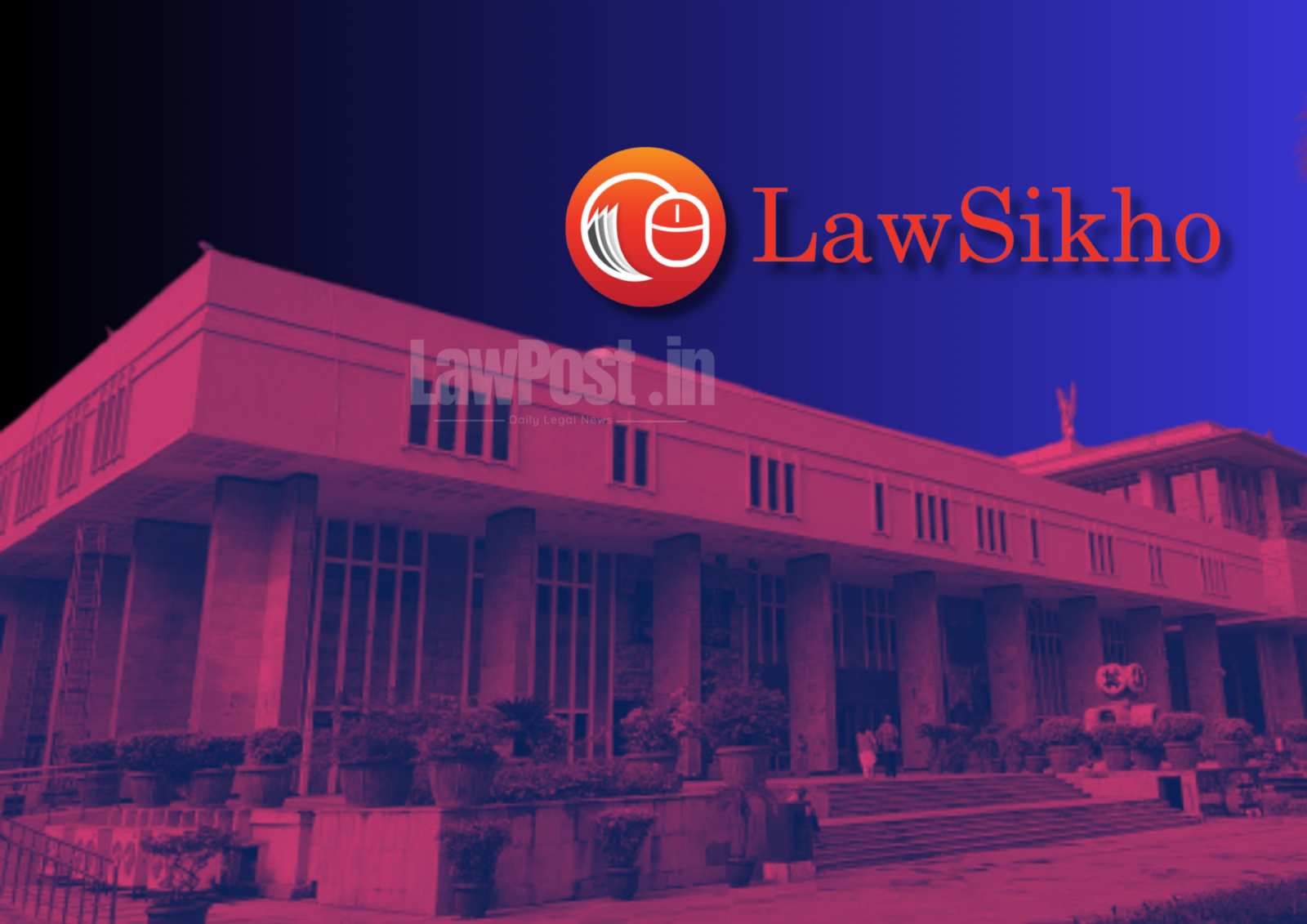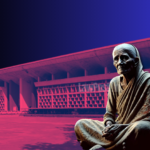Court Rules Social Media Debates Not Grounds for Defamation
The Delhi High Court has dismissed a defamation suit filed by online legal education platform LawSikho against four individuals who had criticized its courses on social media platform X (formerly Twitter). Justice Manmeet Pritam Singh Arora not only rejected the plaint but also imposed ₹1 lakh costs on LawSikho for failing to disclose the full context of the conversation.
Social Media: A Casual Medium, Not a Reliable Source
In a significant ruling, the Court emphasized that tweets in a conversational thread should not be assessed in isolation when deciding defamation claims. The judge observed:
“The Court notes that utterances in the nature of tweets in a conversational thread on platform X are not to be assessed in isolation for the purposes of determining the defamation claim. The Court has to consider that nature of the medium is casual and fast-paced, conversational in character, and an elaborate analysis of a 140-character tweet (or even more than that) may be disproportional.”
The Court drew a distinction between social media posts and traditional media, noting that:
“Newspapers and magazines are read with the intent to collect and retain information and, therefore, it bears effect in forming opinions. In contrast, the casual medium of a conversational social media platform such as ‘X’ is not perceived by the users of the said platform as a reliable verified source of information.”
Plaintiff Must Disclose Full Conversation
One of the key reasons for dismissing LawSikho’s case was its failure to disclose the entire conversation thread, including its own tweets. The Court stressed:
“A plaintiff alleging defamation on a social media platform arising out of a conversation thread must mandatorily disclose the full conversation thread, particularly his own tweets/comments as well and should approach the Court with clean hands.”
The judge also pointed out that LawSikho’s co-founder Ramanuj Mukherjee had himself initiated the debate with a provocative tweet.
Fair Comment, Not Defamation
The Court ruled that the defendants’ tweets were within the ambit of fair comment and were a reaction to Mukherjee’s post:
“The tweets by the defendants do not tantamount to defamation as they are a direct result of deliberate taunting and provocation by the plaintiff.”
It further stated that remarks made on social media, while sometimes disparaging, do not necessarily amount to defamation:
“The casual nature of the medium invites anonymous posts which may ex-facie be disparaging but cannot amount to defamation as it may not have a serious effect to form an impression about the character of the plaintiff.”
No Evidence of Harm to LawSikho
Dismissing the claim of business losses, the Court found no evidence that the tweets caused any actual harm to LawSikho’s reputation or finances.
Additionally, the Court noted that LawSikho had not first availed of the statutory remedy under the IT (Intermediary Guidelines and Digital Media Ethics Code) Rules, 2021, which provides a mechanism to address grievances related to online content.
Verdict and Costs Imposed
Concluding that no cause of action was made out, the Court rejected the suit and ordered LawSikho to pay ₹1 lakh to the Delhi High Court Legal Services Committee within four weeks. However, it clarified that LawSikho could still explore remedies available under the IT Rules.
This judgment sets an important precedent regarding defamation claims on social media, reinforcing that public debates on X should be viewed in their entirety and that social media platforms are not to be treated with the same weight as traditional media when it comes to reputational harm.
Case: Addictive Learning Technology Limited & Anr vs Aditya Garg & Ors – Available on LAWFYI.IO








